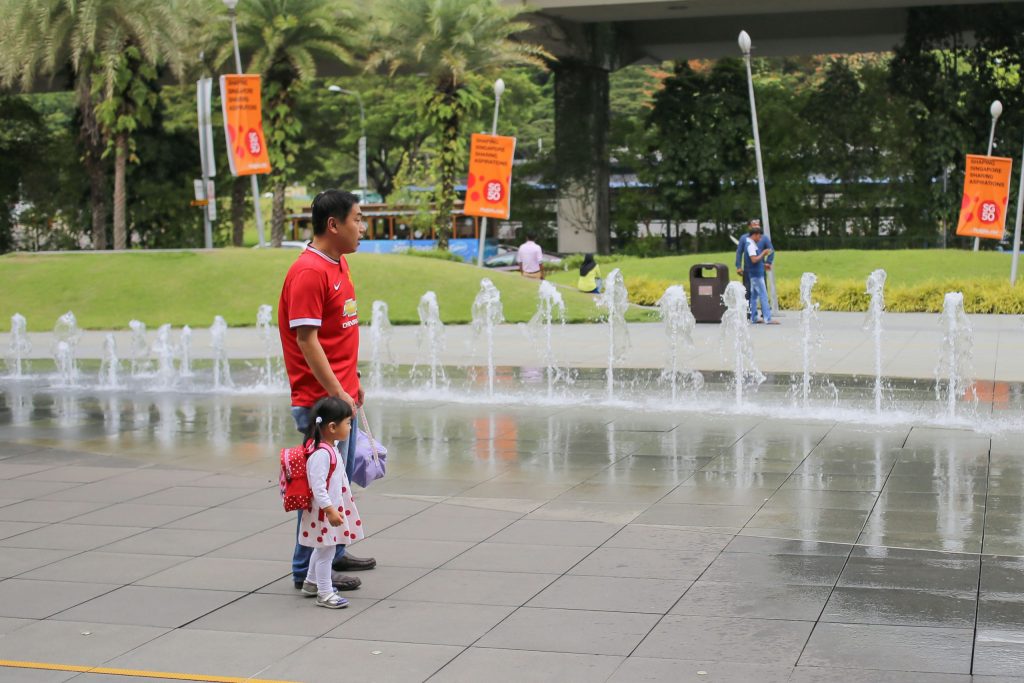Better Outcomes for Families when Dads take Paternity Leave
June 23, 2021

The Straits Times recently featured a study spearheaded by Professor Jean Yeung (NUS Sociology and Centre for Population Research) and Ms. Li Nanxun, a sociology doctoral candidate. Data from the Singapore Longitudinal Early Development (SG Leads) Study was used to examine the effects of paternity leave on family outcomes.
According to the study, children whose fathers took paternity leave were less likely to have behavioral issues. In addition, families where fathers took paternity leave also experienced reduced conflict, stronger family relationships, and increased satisfaction in their marriage. The research team observed a positive impact of paternity leave on behavior in children and family ties.
Although the study demonstrated the wide range of socioemotional benefits of fathers taking paternity leave, Prof Yeung and Ms. Li note that fathers in labor-intensive jobs were less likely to take paternity leave compared to their counterparts in PMET positions. As illustrated by the study, the benefits of fathers taking paternity leave, are unevenly distributed.
Prof Yeung points out that fathers in Singapore are more likely to use their paternity leave than fathers in affluent East Asian countries such as Japan and Korea. However, Singaporean men who are younger and have more education and a higher income are more likely to use their paternity leave.
Prof Yeung argues that this raises questions about the obstacles faced by men in labor-intensive jobs and how they prevent these men from spending more time with their children. As part of the project’s efforts to improve Singaporean children’s developmental outcomes, Prof Yeung proposes further data collection by SG Leads to investigate the cause of this phenomenon.
Funded by the Ministry of Education Social Science Research Thematic Grant, SG Leads investigates human development in Singapore. The research project aims to identify ways to improve early childhood development in Singaporean children.
Read the article here!
